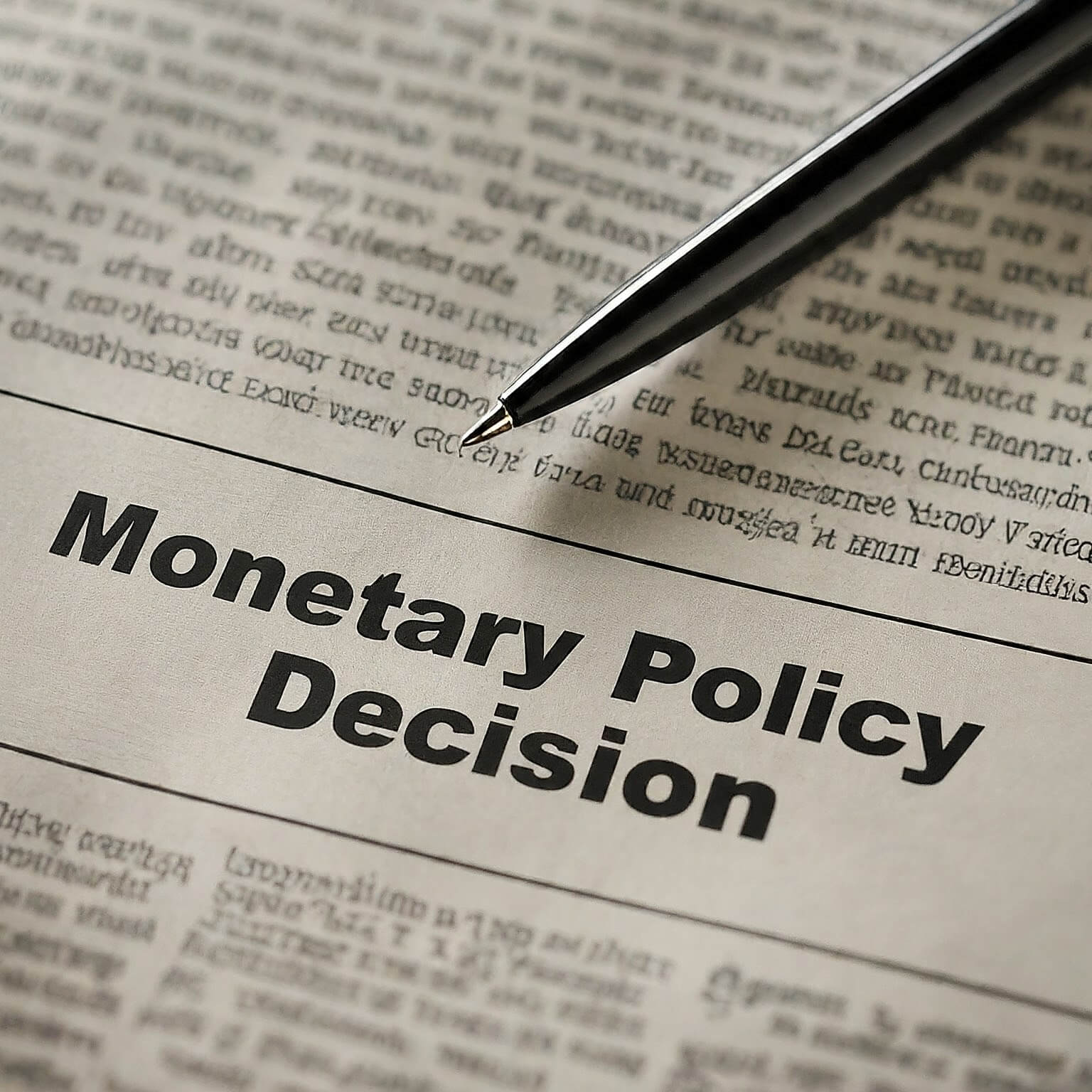
In a move that is sending ripples through the home loan market, the Reserve Bank of Australia (RBA) Governor, Philip Lowe, has hinted at the potential end of rate hikes. The RBA’s monetary policy decisions always have profound implications for the home loan market, impacting both home buyers and existing mortgage holders.
Potential buyers
To start, let’s consider how this news affects those seeking a new home loan. An end to interest rate hikes means potential home buyers can have more certainty about the cost of borrowing. The possibility of a stable cash rate at 4.10% could mean less concern about rising mortgage repayments in the near future. This could encourage more potential buyers to enter the property market, which in turn, could lead to increased competition and potentially higher house prices.
Mortgage holders
For existing mortgage holders, the news of potential stability in interest rates brings welcome relief. Over the past year, mortgage holders have experienced significant rate hikes, increasing their repayments. The indication that rate hikes may be nearing an end suggests that these borrowers could see a period of more predictable mortgage expenses. This stability could provide a much-needed financial reprieve for households, possibly boosting consumer spending in other sectors of the economy.
What to look out for
Nonetheless, it’s important to note that the RBA retains the possibility of further monetary tightening to ensure inflation returns to target. This means that while the end of the rate hikes may be in sight, it is not entirely off the table. Therefore, it remains important for both potential home buyers and current mortgage holders to prepare for any future rate increases.
Summary
In conclusion, the RBA’s potential move towards an end to rate hikes is a critical development in the home loan market. It offers both opportunities and challenges to home buyers and mortgage holders alike. As always, it is crucial for those in the home loan market to stay informed about the RBA’s monetary policy decisions and consider these factors in their financial planning.






